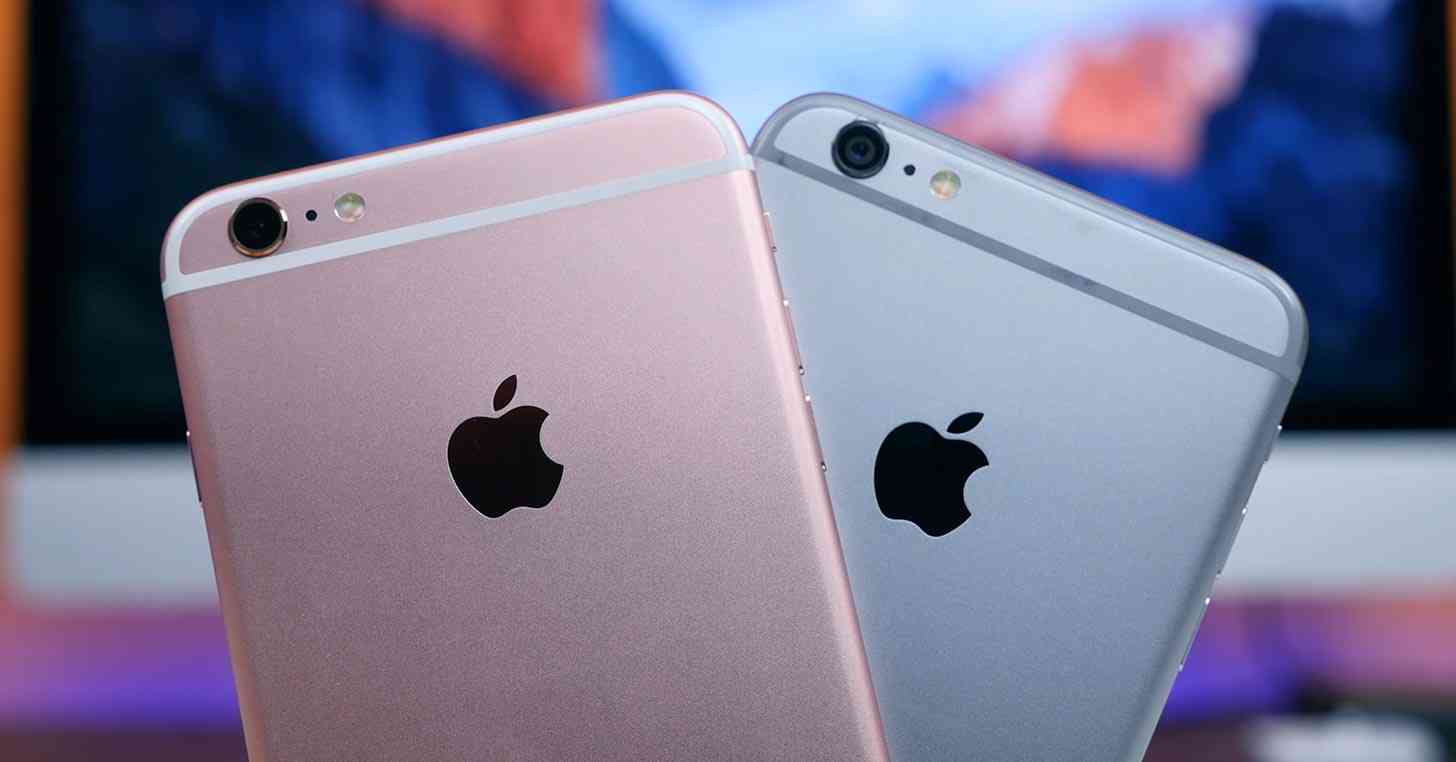
Three years after Apple admitted to quietly slowing the performance of older iPhone models to prevent unexpected shutdowns, the company has agreed to pay more than $100 million to settle an investigation into its "Batterygate" practices.
Apple will fork over $113 million to settle an investigation that involved the attorneys general of 34 states as well as Washington D.C. (via The Washington Post) However, it is not required to admit guilt as part of the settlement, and the company has not issued an official statement in response to the settlement.
"Big Tech must stop manipulating consumers and tell them the whole truth about their practices and products," said Arizona Attorney General Mark Brnovich, one of the AGs that led the investigation. "I’m committed to holding these goliath technology companies to account if they conceal the truth from their users."
In addition to the large payment, this settlement requires Apple to explain its battery health and power management practices both online and on iPhones themselves.
In late 2017, some iPhone 6s owners found that after replacing the battery in their device, they were able to get higher performance in benchmark tests. Apple admitted that in the iOS 10.2.1 update released earlier that year, it included a power management feature that would throttle the performance of older devices to prevent unexpected shutdowns due to the weakened batteries that may not be able to supply enough power for high performance peaks.
Apple responded by offering deeply discounted battery replacements for older iPhone models in 2018. It has also continued to roll out this power management feature to more iPhones as they get older, but it added a "Battery Health" section in the iOS Settings app to let you view your battery's capacity and let consumers see if their performance is being slowed due to the iPhone's age.